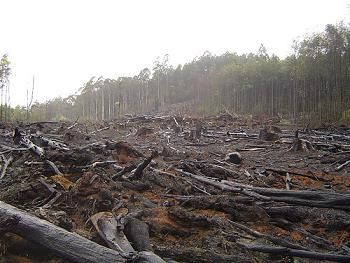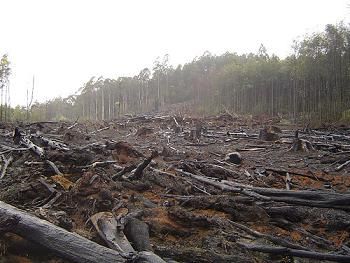Increase action to preserve the future, warns UN
The future for humanity is anything but sustainable, the UN has warned, citing the decline of forests and fish stocks, rising demand for water and lack of action on climate change as cause for concern.


The future for humanity is anything but sustainable, the UN has warned, citing the decline of forests and fish stocks, rising demand for water and lack of action on climate change as cause for concern.
UNEP’s Global Environment Outlook (GEO-5) is a five-yearly assessment of the natural world and the latest assessment has revealed that significant process has only been made on four out of 90 environmental goals.
This news, just ahead of the Rio+20 summit, has caused UNEP to issue a call for world leaders to resolve climate targets at the summit.
“GEO-5 reminds world leaders and nations meeting at Rio+20 why a decisive and defining transition towards a low-carbon resource-efficient, job-generating ‘green economy’ is urgently needed,” said Achim Steiner, UNEP’s executive director.
“If current trends continue, if current patterns of production and consumption of natural resources prevail and cannot be reversed, then governments will preside over unprecedented levels of damage and degradation.”
The four environmental areas that UNEP have found process in are making petrol lead-free, tackling ozone layer depletion, increasing access to clean water and boosting research on marine pollution.
Areas of little or no progress included tackling climate change. This is despite 700 international agreements on tackling specific aspects of environmental decline.
Negotiations leading up to the Rio+20 meeting have had difficulties, with a lack of agreement on areas such as eliminating subsidies of fossil fuels, regulating fishing in the high seas and forcing corporations to measure their environmental footprint.
“The moment has come to put away the paralysis of indecision, acknowledge the facts and face up to the common humanity that unites all peoples,” said Mr Steiner.
“Rio+20 is a moment to turn sustainable development from aspiration and patchy implementation into a genuine path to progress and prosperity for this and the next generations to come.”
Image: Deforestation | flickr crustmania


